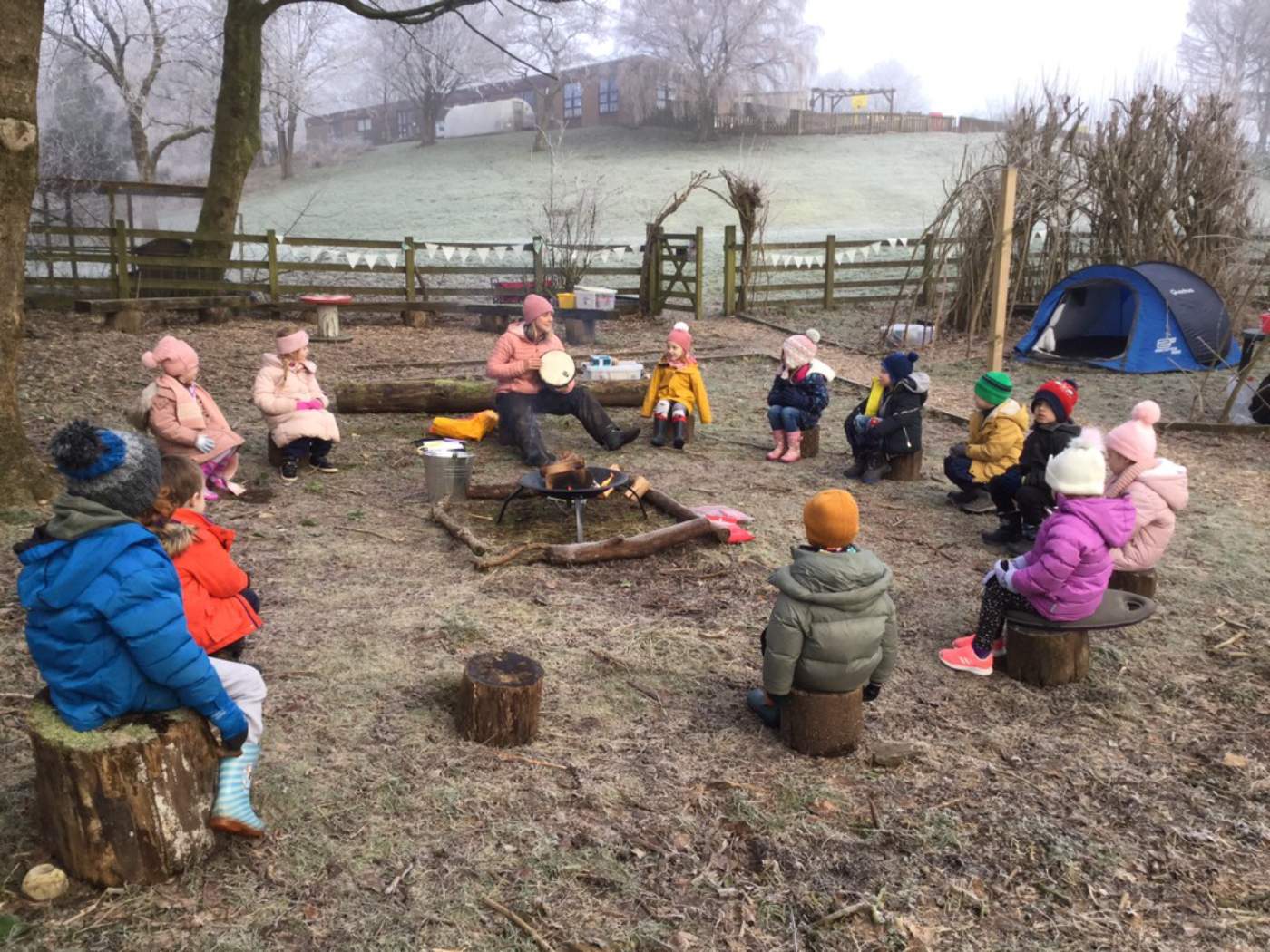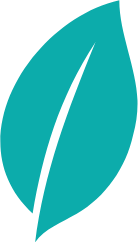Early Years Foundation Stage
"The goal of early childhood education should be to activate the child's own natural desire to learn"
Maria Montessori
Lead teacher: Mrs Carr
Link governor: Elinor Whitlock
Welcome to EYFS! Please read the information below and then click on the school badges at the bottom of this page to see the INTENT of our EYFS curriculum, how we IMPLEMENT our EYFS curriculum and the IMPACT of our EYFS curriculum:
Early Years is where the magic begins! All learning in all subjects begins in Reception.
In Reception, we follow the Statutory Framework for the Early Years Foundation Stage (2024). This framework states that the Early Years Curriculum is split into seven areas of learning. The areas are as follows:
Three prime areas of learning:
- Communication and Language (listening, attention and understanding and speaking)
- Physical development (gross and fine motor skills)
- Personal, social and emotional development (being able to self-regulate impulses, manage their self and build relationships with others)
Four specific areas of learning
- Literacy (the development of comprehension skills, early reading and early writing)
- Maths (the development of early number and understanding numerical patterns)
- Understanding the world (which includes early geography, history, science and RE)
- Expressive arts and design (which includes music, dance and art)
Our broad and balanced Reception curriculum has been designed to provide our youngest pupils with opportunities to experience ‘life in all its fullness’, spark their curiosity and introduce them to the skills, knowledge and vocabulary which they will need for the years ahead and which they will build upon as they move into key stage 1. Our curriculum aims to support all children to reach their full potential in a safe and stimulating environment.
At Turton and Edgworth, language is the foundation of children’s thinking and learning. Our EYFS curriculum places a strong focus on communication skills and pupils’ acquisition of basic skills in reading, writing and maths whilst developing the whole child. The curriculum includes the teaching of religious education and age-appropriate relationship education.
When the children start Reception in September their academic journey begins. We assess children’s prior knowledge and skills and use this to inform and plan their next steps. During the first few weeks in Reception pupils undertake the national Reception Baseline Assessment, or RBA. This is a series of activities, completed 1:1 with their teacher, that assess a child’s early language skills, early literacy and maths. This information is forwarded to the DfE to measure each child’s progress across the primary phase of their education.
We have ensured that our ambitious EYFS curriculum is delivered through themes, linked to high quality narratives that develop children’s language and their knowledge and understanding of the world in which they live. Our approach to learning in the EYFS includes both teacher-led and independent learning opportunities based around these themes. The themes are tailored to the interests of the children and often plans are adapted to follow these interests.
Our curriculum is systematic and there is logical progression in knowledge and skills in all areas of learning from the start to the end of Reception. Our Early Years curriculum is the firm foundation on which our whole school curriculum is built. Our Reception curriculum has been designed so that pupils can continue to build on prior learning so that pupils know more and remember more as they make connections in their learning. High quality learning experiences through trips and visitors allow children to make further connections in learning through real life contexts. Learning challenges from our ‘Learning Menu’ during continuous provision ensures high quality learning experiences and provides children the opportunity to embed their learning, transferring it into their long-term memory.
Reading has the highest priority at our school. It enables pupils to access the full curriculum. Pupils learn to read from day one in Reception. They access a programme of systematic synthetic phonics delivered by highly trained staff. Excellent teaching of reading throughout school ensures high attainment whilst nurturing a love of reading.
We believe that reading is at the heart of all learning and therefore, we carefully select age appropriate quality texts that enhance the learning within the theme. There is always a clear rationale and intent behind the chosen book. The themes selected do not conform to gender stereotypes to ensure that they capture the interests of all children. Our texts reflect the diversity of our world, for example teaching children that no two families are the same. Texts also challenge some of the gender stereotypes children will encounter outside of school. Activities are planned to teach the children the necessary skills and knowledge in the seven EYFS areas of learning.
In Early Years, our children are given the opportunity to experience the joy of stories through engagement with ‘Drawing Club’. ‘Drawing Club’ is the brainchild of author and childhood advocate, Greg Bottrill. ‘Drawing Club’ brings stories to life and opens up the world to our youngest pupils, allowing them to see themselves as capable and creative learners.
Our curriculum enables pupils to develop the Characteristics of Effective Learning so that they develop into confident learners who are able to work with others. It helps them to develop respect and resilience. It provides them with the knowledge and cultural capital to become well-informed citizens, able to appreciate human creativity and achievement. As they learn more, they develop an understanding of the community to which they belong.
Learning through play is vital in order for children to make sense of the world around them. Our curriculum provides carefully structured play, through which children explore and develop the learning experiences that help them to make sense of the world around them. Through both play and adult-focussed sessions, children are given the opportunity to practise and build on their own ideas, to think creatively, to learn self-control and learn to play cooperatively with others. We provide language rich continuous indoor and outdoor provision, following the children’s interests.
Throughout the Reception year, we use an online Learning Journey called ‘Tapestry’ to record observations of children’s learning in our areas of continuous provision. Learning Journeys are shared with parents, and parents are also invited to make contributions. We work closely with parents and carers to support each and every child to reach their full potential. At the end of Reception pupils are assessed against the Early Learning Goals. This information is shared with parents and the next teacher in Year One to ensure a smooth transition to key stage 1. Our Reception curriculum aims to enable each and every child to discover a joy for learning and provide them with the knowledge, skills and confidence to succeed in their primary years and beyond.
 |
 |
 |
| EYFS: INTENT | EYFS: IMPLEMENTATION | EYFS: IMPACT |







